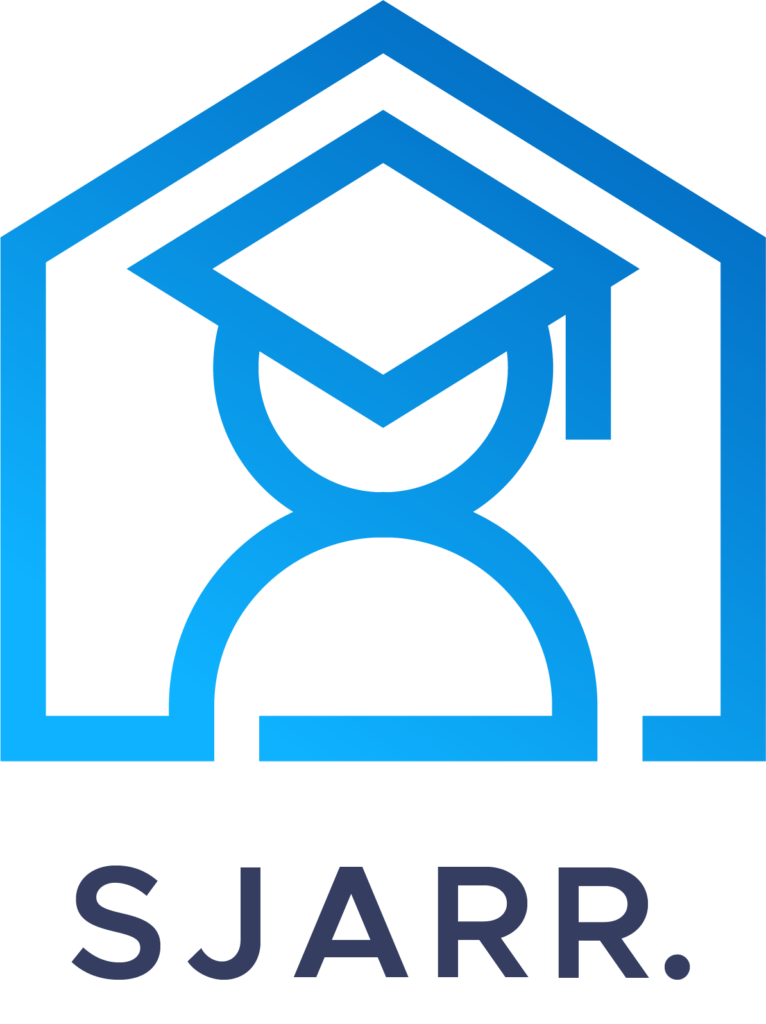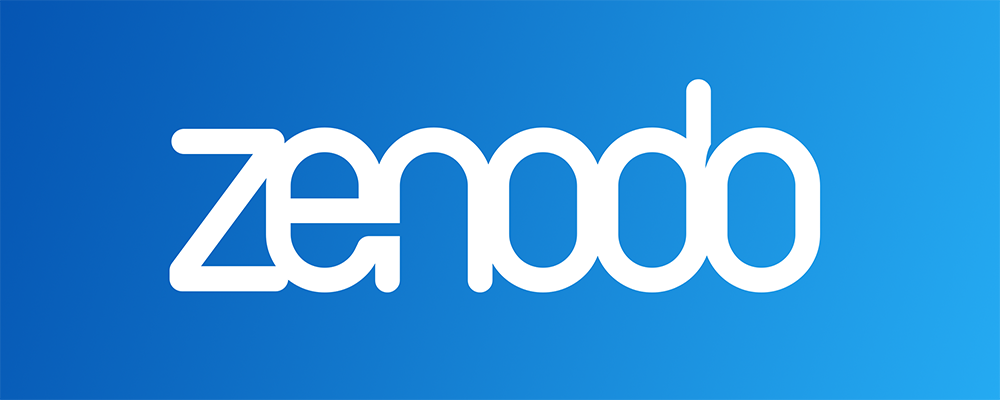Skill building hypothesis are always in rivalry with other powerful Second Language Acquisition (SLA) theories for instance the comparison of the most powerful hypothesis – Comprehension Hypothesis against its skill-building rivals – Output and Interaction hypothesis. The output of any target language depends on the editing of the output of the acquired language. This research paper also attempts to argue the explanation of SLA in the light of recognized attempts. The article attempts to take a different perspective that leads to a deeper and broader SLA process. The inherent ability, contributing factors and conditions make SLA an evidence based complex system. To prove this prospect, different SLA theories have been reviewed for their SLA treatment as all of them have posed a different perspective on Second Language Acquisition. The learning experiences of the second language learners have been studied in the light of multiple hypothesis such as Acculturation, Behaviorism, Connectionism, Interaction, Universal Grammar, Comprehension, Output hypothesis etc. Throughout, from researching the topic to its finalization the SLA has been considered for its complexity as explained through different theories / hypothesis.
Scandic Journal of Advanced Research and Reviews
ISSN 2703-965X
International Journal with High Impact Factor for fast publication of Research and Review articles
Nedre prinsdal vei 143, 1263 Oslo, Norway






